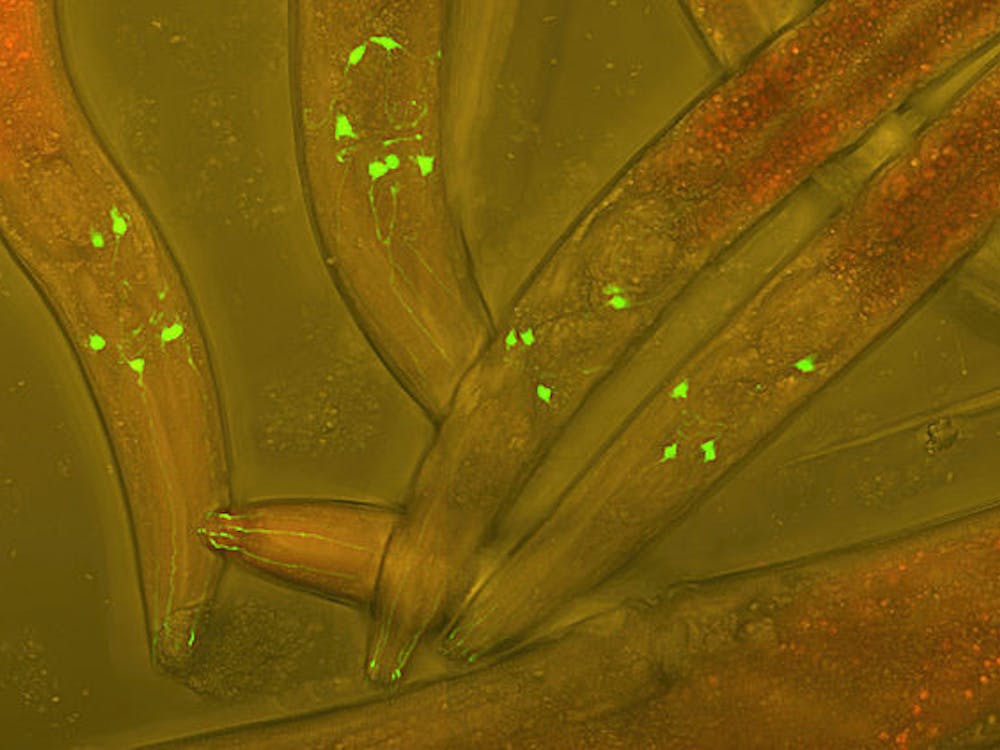In this day and age, antioxidants seem to have flooded popular media with their promises of youth and good health. According to a new study published in Hypertension, an American Heart Association journal, the use of oral antioxidants may produce considerable health benefits.
But what exactly are antioxidants, and how do they work their magic to keep the human body in prime condition?
Antioxidants are substances that play a role in preventing or at least delaying the effects of cell damage. They range from man-made to natural sources and may be found in food items such as fruits and vegetables.
Vitamin C, vitamin E, selenium and certain carotenoids like beta-carotene, lycopene, lutein and zeaxanthin are a few common examples of antioxidants.
The benefit of antioxidant molecules comes from their ability to counteract the effects of oxidative stress caused by exposure to free radicals. Free radicals are classified as highly unstable molecules resulting from everyday activities such as exercising, as well as when the body converts consumed food into energy. These molecules also have environmental sources, including cigarette smoke, air pollution and sunlight.
Free radicals cause oxidative stress by triggering various types of cell damage that influence cancer, cardiovascular diseases, diabetes, Alzheimer’s disease, Parkinson’s disease, cataracts and age-related macular degeneration.
While there definitely seems to be positive outcomes related to the intake of antioxidants, as with many other supplements, excessive dosages raise deleterious concerns. The study in Hypertension counteracts these concerns.
Matthew Rossman, a postdoctoral researcher in the Department of Integrative Physiology at the University of Colorado Boulder and the lead author of the study, elaborated on the team’s findings.
“This is the first clinical trial to assess the impact of a mitochondrial-specific antioxidant on vascular function in humans,” Rossman said in a press release. “It suggests that therapies like this may hold real promise for reducing the risk of age-related cardiovascular disease.”
The research was carried out with a sample size of 20 healthy men and women from the ages of 60 to 79. Ten of the subjects took 20 milligrams of MitoQ, a supplement made by altering the antioxidant Coenzyme Q10 in order to make it attach to mitochondria. The other 10 subjects were offered a placebo.
At the end of six weeks, researchers analyzed the function of the endothelium, which is the lining of the blood vessels, by assessing vessel dilation under increased blood flow. Then, following a two week ”wash out” period, the entire procedure was repeated with the treatments for the two groups switched.
The results showed that the addition of the antioxidant supplement into the subjects’ diets reduced oxidative stress and improved artery dilation by 42 percent. This figure reverses the effects of about 15 to 20 years of aging on blood vessels and may be correlated to a 13 percent reduction in heart disease risk.
“Blood vessels grow stiff and have trouble dilating with age largely as a result of oxidative stress, the excess production of metabolic byproducts called free radicals which can damage the endothelium and impair its function,” Rossman said.
While a young body can produce enough antioxidants to quench free radicals, as the body ages its antioxidant defenses eventually cannot keep up with the constant generation of free radicals.
Doug Seals, the director of the Integrative Physiology of Aging Laboratory at the University of Colorado Boulder and a co-author of the research, further stressed how the discovery would potentially direct future treatment targets.
“This study breathes new life into the discredited theory that supplementing the diet with antioxidants can improve health,” Seals said. “It suggests that targeting a specific source — mitochondria — may be a better way to reduce oxidative stress and improve cardiovascular health with aging.”
Regardless of the lack of previous scientific backing for the benefits of antioxidants, these novel results somewhat justify the renewed public interest in them.





